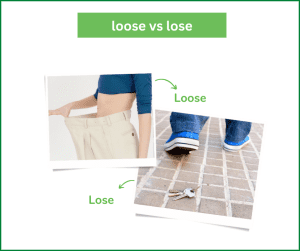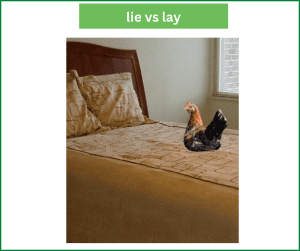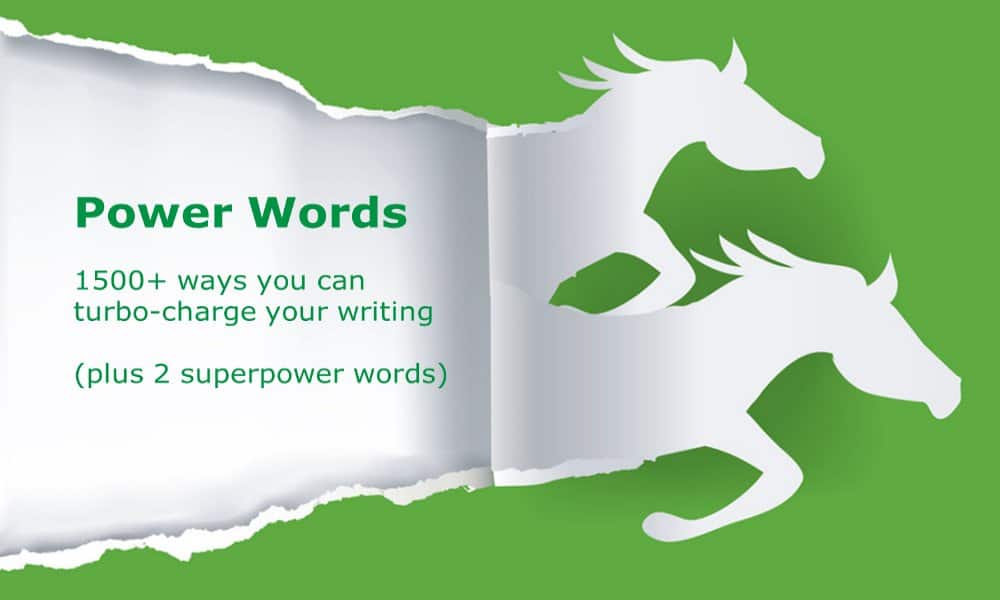As a self-confessed word nerd and a pitiful perfectionist, I like to get things right – especially things like grammar and spelling! My clients expect it of me too. No surprise then that I have a collection of pet grammar hates and misused words which make me cringe.
Over the last few months I’ve been sharing some of these on LinkedIn. I try to include some kind of tip or image to help people get it right.
Recently I’ve had comments asking me to explain a pet hate I’ve already posted about. So I thought it was time to compile all those niggly little things into a single blog post. Here it is!
How many of the following do you get confused? If it’s a lot, you might want to chat about getting me to write for you, or at least edit what you’ve written.
Or are you a stickler like me with pet grammar hates of your own? If so, please share.
1. This makes me ‘literally’ explode!

‘Literally’ means it actually happened. But when did you last see anyone actually explode? (Movies don’t count.)
Although when I hear this I might feel like I want to explode, I sure as heck hope I’m not going to in real life! That would be taking things way too literally.
2. Affect vs Effect
OK, these two are a bit sneaky.
The ‘simple’ difference is that affect is the verb and effect is the noun – technically not quite true, but in day-to-day usage it will probably work.
Or try it this way:
- ‘Affect’ with an ‘a’ is for Actions which make an impact on the end result.
- ‘Effect’ with an ‘e’ is for the End Result.
3. Using ‘I’ when it should be ‘me’
‘He invited you and I to dinner.’
‘Between you and I.’
Aaaaarrrrggggghhh!
We’re not all grammar buffs, so here’s a couple of practical tests you can use to avoid these mistakes:
- Try the sentence without the ‘you and’ bit.
Would you ever say ‘He invited I to dinner?’
I hope not! You’d say ‘He invited me to dinner.’ So get that right and then add the ‘you and’ bit back in. - Try the sentence with we/us instead of I/me.
Would you ever say ‘between you and we?’
Once again, I hope not!
See, you actually know more grammar than you realised!
4. Lose vs Loose

This confusion makes me lose my cool!
To be fair though, this is one case where English spelling doesn’t help. We expect words which end with the same letters to rhyme. Usually. But in this case, does ‘loose’ rhyme with ‘choose’ or with ‘goose’?
To keep this straight, try a sentence where all the words which look the same sound the same too.
‘The noose for the moose is loose on the goose.’
5. It’s vs Its
What’s the rule?
- Use it’s (with an apostrophe) for ‘it is’
- Use its (without an apostrophe) for ‘of it’ or ‘belonging to it’.
I can see why for some people this one be a bit tricky – because we use an apostrophe for ‘of my father’ or ‘belonging to my father’. So try thinking of it this way.
- He, she, it
- His, her, its
No apostrophe in sight!
6. Lie vs Lay

This one drives me absolutely insane!
People lie on beds. Hens lay eggs. And if it happened yesterday, people lay on beds and hens laid eggs.
But when someone writes that they ‘laid on the bed’, I have this vision of them squatting on the bed popping out eggs.
Please don’t give me visions like this. I find them disturbing!
7. Myself and my partners…
‘Myself and my partners are visiting clients today.’ Ouch. It makes me wince.
Would you say, ‘Myself am visiting clients today?’ Please say no. Please tell me you’d say, ‘I am visiting clients today.’
Once you get that right, you can add your partners back into the sentence. But one more thing – be polite. Show them respect by putting them before you:
‘My partners and I are visiting clients today.’
8. Principle vs Principal
A principle is a rule explaining how things work (or should work).
A principal runs a school.
Principal is also an adjective meaning main or primary.
The principal role of the principal is to run the school in line with ethical and good management principles.
So how can you remember which is which?
- ‘Principle’ has ‘e’ for ‘ethic’ or ‘explanation’ or ‘expectation’.
- ‘Principal’ has ‘a’ for ‘anything else’.
9. Off of vs Outside of

That ‘of’ is an extra word you don’t need. It’s crying out to be edited out.
Me, I’m just crying. It hurts my ears to hear this.
The only exception is when ‘outside’ is a noun – for example, when you’re talking about the outside of a building.
10. Less vs Fewer
OK, this one is confusing because they both have the same opposite – ‘more’.
But there is a simple difference. Can you count whatever you’re measuring?
If you can count them, use ‘fewer’.
If you can’t count them, use ‘less‘.
Fewer bottles of wine. Less wine.
Yeah, I know, if you have too many bottles it gets hard to count them. That’s why you should have fewer bottles and drink less!
11. Disinterested vs Uninterested

This is a fun one. The problems all arise because there’s more than one way of being ‘interested’.
Normally, if you’re interested in something, it means you want to know more about it. If you don’t want to know any more, you’re uninterested.
But if you’re an ‘interested party’, it means you have something at stake – something to gain, or something to lose. You have a preferred outcome. You lean towards that. You’re biased. (Admit it, you’re human! It’s hard to be completely impartial.)
On the other hand, if you have nothing at stake and no biases, you can be impartial. Also known as disinterested.
To see justice done, we want our judges to be disinterested, but we also want them to be interested. If they’re bored to sleep by the proceedings, that doesn’t help anyone.
12. Compliment vs Complement
Two words with very similar sounds – in fact many people pronounce them both the same way – but different meanings.
When you compliment someone, you say something nice about them.
When you complement someone, you and that person go well together. You make a good team. You complete each other.
And that’s the best way to keep these two straight in your head.
- ‘Compliment‘ with an i is all about the intent to please.
- ‘Complement’ with an e is all about completeness.






